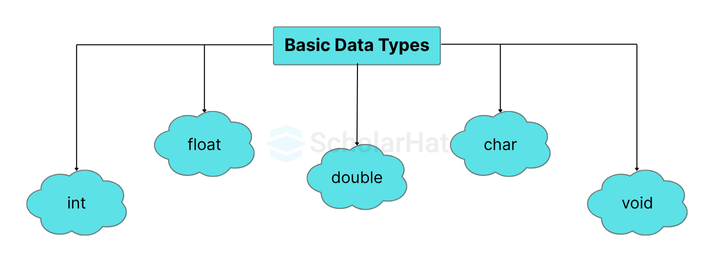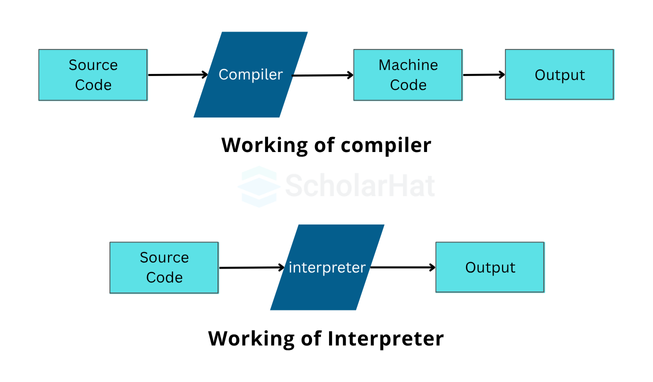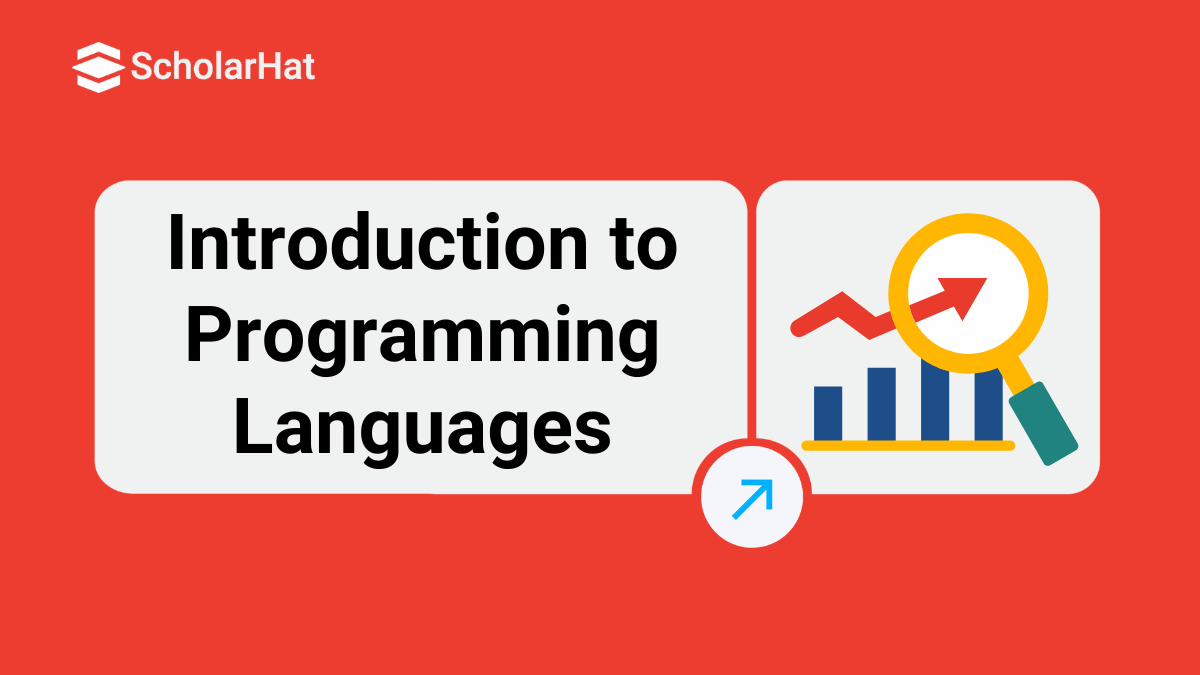Introduction To Programming Languages
Introduction To Programming Languages: Useful Facts Regarding The Best Programming Languages Available Right Now
It can be tough but beneficial to learn programming languages. Starting with a language that is popular and has a wealth of learning materials is a smart approach if you are new to programming. Programming languages are simple to learn, offer a wealth of resources, and are utilized by numerous industries. Enrolling in a structured course will allow you to create a strong foundation while learning the foundations of a programming language.
Numerous reputable training institutes are offering courses, and students can choose from a variety of comfortable platforms that offer a wide range of online courses. Over the past 20 years, there has been a substantial advancement in computer programming. It is obvious that some programming languages have outlived their usefulness and are being superseded by others given the ongoing changes in computer programming. You must stay current with the most popular programming languages if you're a student or professional in the development and programming fields. Knowing a programming language will help you if you want to work in technology.
Language Training For Programmers
Learning programming languages will benefit a programmer in many ways. To master programming languages, programmers should adhere to the following guidelines:
- As much as you can, practice coding. As you continue to code, your familiarity with the language's syntax and problem-solving skills will improve.
- Building projects are a fantastic way to put your newfound knowledge to use and get experience. Work your way up to more complex tasks by beginning with the simpler ones. Different websites offer project ideas. as a programmer. You can join meetups, online forums, or a group for programmers at your school.
- Keep in mind that mastering a programming language requires time and commitment. Be kind to yourself and don't be embarrassed to ask for assistance when you require it.
Course on Popular Programming Languages
Learning programming languages is rewarding in many ways and also interesting. Each language has unique applications and advantages.
- Python is one of the most recent and well-liked object-oriented, flexible programming languages. It is easy to understand and can be interpreted by many different operating systems, including UNIX. Python has a quick cycle from testing to debugging and doesn't need any developing process. This makes debugging the code simple.
- In a similar vein, Java is a well-liked language that is frequently used for creating mobile apps, websites, and other things. Java courses are available on a variety of platforms.
- Another well-liked language that is frequently used for web development is JavaScript. JavaScript classes are offered by many reputable training facilities.
- C is the predecessor of various programming languages such as C#, Java, and JavaScript and is likely the most well-known and oldest programming language. Knowing C first gives C++ development a solid basis. Operating systems, game development, and other fields use C and on different platforms, C courses are now available here.
- C++ is a more advanced version of C. Applications created in C++ are generally portable since C++ developers have access to compilers for a wide range of platforms. High-performance languages are thought to include C++. C++ is so frequently used in the creation of programs where performance is a key concern, such as client-server applications, commercial goods, and video games.
Various Types Of Programming Language Paradigms
A paradigm is a strategy for tackling a challenge or completing a task. Programming paradigms are ways to solve problems using programming languages, or you might say they are ways to use tools and techniques that are already at our disposal to solve problems in a certain way. There are several well-known programming languages, but each one must adhere to a certain methodology or strategy when it is put into practice. This methodology or strategy is called a paradigm.
There are numerous paradigms available in addition to various programming languages to meet all needs. Programming language paradigms describe the basic procedures for creating software programs. The choice of a paradigm can significantly affect how simple it is to build, maintain, and debug a program since different programming languages and tools are frequently better suited to different paradigms.
Programming paradigms come in many forms, including the following ones:
- In the imperative programming paradigm, the program is made up of a string of statements that alter its state. It is predicated on the notion of a series of orders that are carried out one after the other.
- Object-oriented programming (OOP) centers around objects, which are instances of classes. Encapsulation, inheritance, and polymorphism are highlighted in OOP.
- In functional programming, paradigm programs are built using functions, which are accorded first-class status. Immutability and avoiding side effects from other instructions are key concepts in functional programming.
- Logic-based programming uses logical rules and statements to build programs. The foundation of logic programming is the notion that issues and be resolved by logical reasoning.
- Procedural programming adds the idea of procedures, which are collections of statements that can be used repeatedly within a program, to the more traditional imperative programming style.
- Event-driven programming responds to events by executing event handlers, such as user input or system events.
Variables and Data Types Used In Computer Languages
In programming, variables are used to store data. They can be viewed as units that can change throughout the program. The kind of data that can be kept in a variable is defined by its data type. There are various fundamental data types in programming, including integers, floating-point numbers, Booleans, strings, arrays, and objects. Variables and data types are two important components of a programming language.

How Do Interpreters And Compilers Work?
Software tools called translators consists of compilers and interpreters. These are both used in computer programming to convert high-level source code into executable machine code that the processor of a computer can understand and execute. An interpreter reads and runs code line by line, converting each line to machine code and running it right away. Interpreters are frequently used for rapid

prototyping and development in scripting languages like Python, Ruby, and JavaScript.
A compiler is a system software program that, without running the program, converts all of the source code at once into machine code. Typically, a compiler produces an executable file that may be run separately from the compiler.
For larger projects that demand superior performance and optimization, compilers are frequently employed in programming languages like C, C++, and Java. Comparing interpreters and compilers, interpreters are easier to use and less complicated than compilers, which are more complex yet produce superior results. However, whether to employ an interpreter or a compiler will depend on the specific requirements of the project and the programming language being utilized.
Reliability of the code
When a computer program is efficient, it uses system resources like memory and CPU time to do tasks in the best possible way. Better performance and scalability are obtained from code efficiency since it runs more quickly and uses less memory. This can be increased using a variety of methods, such as:
- The effectiveness of a task can be greatly impacted by selecting the best algorithm and thereby performing algorithm optimization. In general, more efficient algorithms have less time and space complexity.
- By using the best data structure for the issue at hand, the code's efficiency can be increased. Fast lookup times, for instance, can be achieved by employing hash tables.
- Effective memory administration allows programs to use less memory.
Conclusion
Learning programming languages is beneficial, especially if you are new to the field. Python is a popular language to start with and has a wealth of resources. Enrolling in a structured course is a good way to create a strong foundation while learning the foundations of a programming language. Programming paradigms are strategies for tackling a challenge or completing a task, such as imperative programming, object-oriented (OOP), functional programming, logic-based programming, procedural programming, and event-driven programming.
Interpreters and compilers are used to convert high-level source code into executable machine code. Interpreters are easier to use and less complicated than compilers, while compilers are more complex yet produce superior results. Code efficiency is an important factor in programming.



